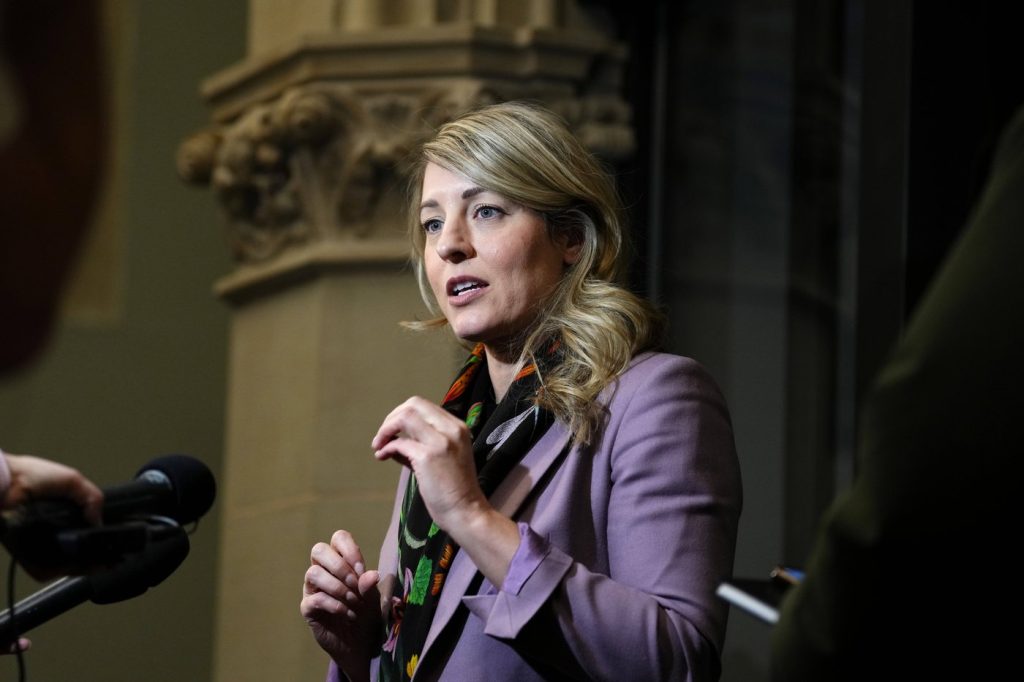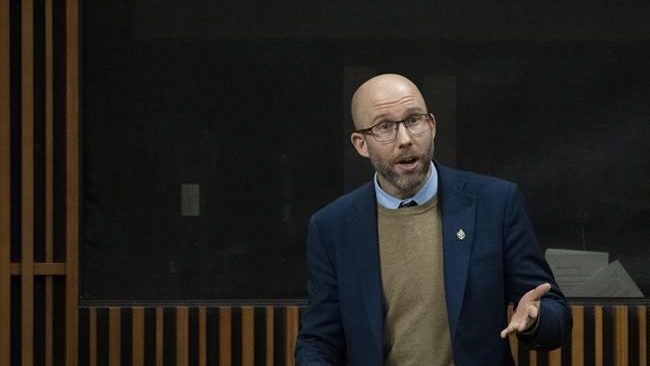Math guru Vanessa Vakharia proves that anyone can be a ‘math person’
Posted Apr 22, 2020 05:00:00 PM.
Some people might admit they have a “complicated” relationship with the subject of math. Whether it was a bad experience as a kid with multiplication tables, long division, or fractions, math can conjure feelings of dread in adults, let alone kids.
Vanessa Vakharia is on a mission to change that.
She’s the CEO and founder of “The Math Guru”, a Toronto-based math and science tutoring studio. Besides “The Math Guru”, Vakharia is the author of the book “Math Hacks”, the host of a math podcast called “Math Therapy”, and she’s in a rock band, to boot.
The opposite of what you’d think when it comes to a math genius, but that’s the point Vakharia is trying to prove: even rock stars can be wicked at math.
“Most people believe there’s such a thing as a ‘math person’,” Vakharia said. “We’ve taught kids from a young age that there’s this type of person; you can’t be creative and be a math person. You can’t be a cheerleader and be a math person. I’m in a band, and anytime I tell someone that I also teach math, they look at me like I’m crazy and they say: ‘You don’t look like a math person’.”
As a teenager who struggled to grasp the subject, she was told early in high school she wasn’t a “math person”. Vakharia failed grade 11 math twice, but experienced a breakthrough after switching to an alternative school and receiving profound guidance from a new teacher.
This gave Vakharia the power to not only grasp the subject, but thrive as a guru of math. She recalls that initial meeting with her new math teacher and credits her teacher’s approach as a turning point in her math journey.
“I told her I wasn’t a math person, and she just looked at me and said: ‘That’s not a thing’,” Vakharia said. “She taught me in a way that really suited me. I got individualized attention, and she believed everyone could do math and it completely changed my life. I got a 99 in grade 12 math and the rest is history.”
It inspired Vakharia to dive into the subject she once feared, becoming a math teacher herself and launching her own tutoring company. She challenged the norms of math by creating her unique spin on the subject, which helped students identify easier with math, rather than learning from a plain old textbook.
“I built this brand around making math accessible for everyone,” Vakharia said. “Making things really colourful, making things non-traditional, explaining things in casual language, which were all things that were really missing from math classrooms.”
From her tutoring company came the Scholastic book release, “Math Hacks”, released in 2018. This book addressed the primary pain points for students, parents and teachers. Emblazoned with bright colours and eye-catching diagrams, it’s the antithesis to the typical math textbook. She’s working on the sequel, slated for release sometime next year.
Vakharia said one of the major challenges in teaching math is breaking down the stereotypes surrounding the subject. She believes that in today’s world, mathematical capability is inherently associated with intelligence, and vice versa, which is why math can be linked to self-esteem and self-worth in kids.
“You can see now how important it is to have a society in which people understand basic math,” Vakharia said. “If we want to create that type of society, that means we need to make math accessible to everyone, and that means we have to treat everyone as though they are capable of math, and we have to create materials and environments in which that's possible.”
With classrooms closed amid the COVID-19 pandemic, kids have begun utilitizing distance learning programs. Even Vakharia's tutoring company has shifted to online sessions via Zoom as a way for tutors to stay connected with students.
While everyone’s trying to navigate this new norm together, Vakharia urges parents to let their children use this opportunity to research topics they’re genuinely interested in.
“This is a really good time to foster excitement and inspiration around learning,” Vakharia said. “Find out what topics they’re interested in learning about, and assign them tasks. If they’re interested in koalas, tell them to research koalas for a week and write you a report for them by the end of the week.”








